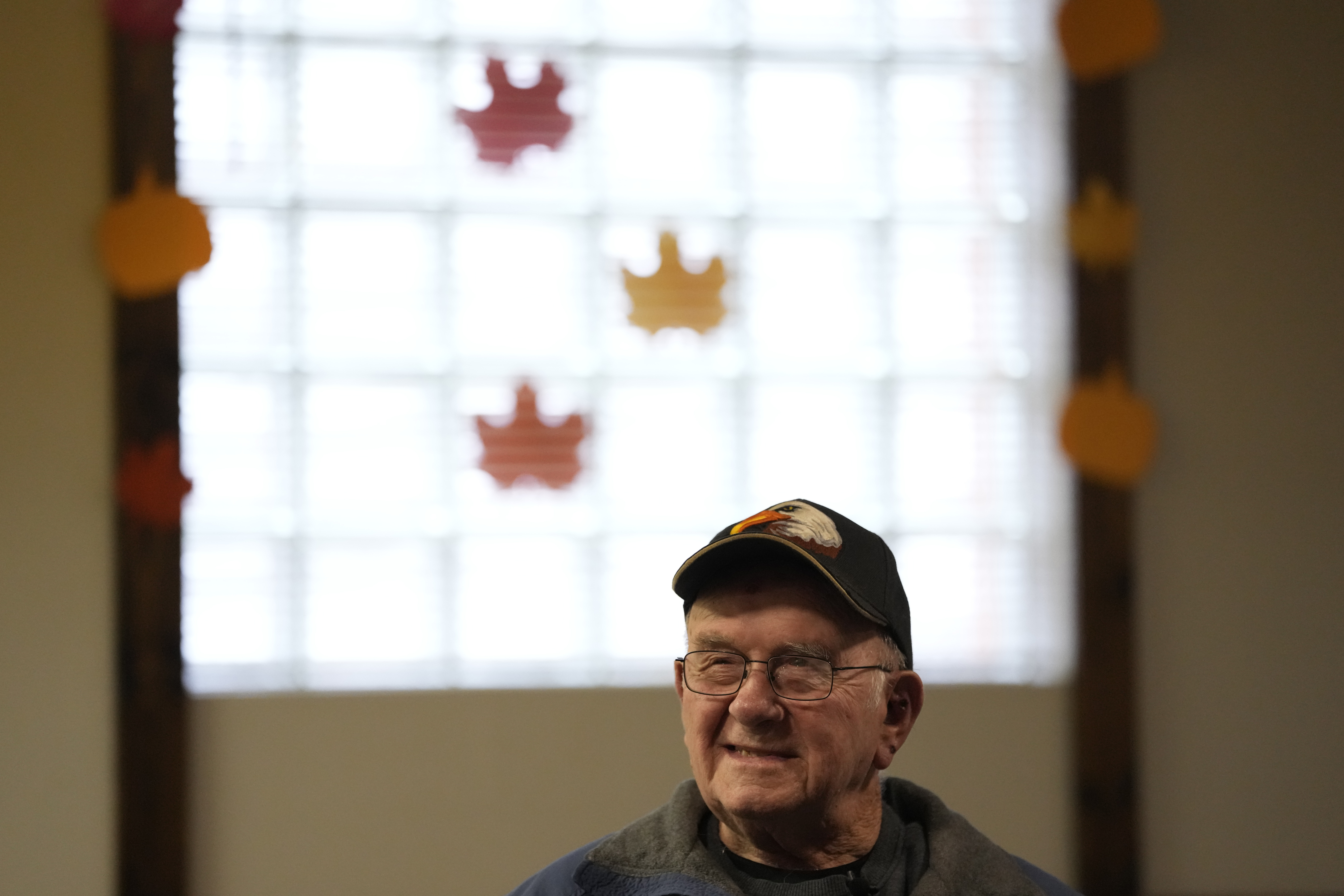Andrew Rossi’s 2007 film, “Le Cirque: A Table in Heaven,” followed the Maccioni family as they attempted to open yet another incarnation of their famed restaurant. Four years later, Rossi is back, this time with “Page One: Inside The New York Times,” a film that follows the paper as it attempts to develop the next incarnation of the venerable paper as it is forced to change and grow with the advent of new media.
Rossi was granted unprecedented access to the offices of the Grey Lady, focusing on the Media Desk, in general, and veteran writer David Carr in particular. It was a smart choice, as Carr is an unfiltered font of opinion, attitude and wisdom who doesn’t care much what you think of him.
With “Page One” opening Friday, Rossi took some time to talk to us about his new film. We figured it made sense to start with the question that kicks off the film’s press note, ”What will happen if the fast-moving future of media leaves behind the fact-based original reporting that helps define our society?”
“I think that society would be very much at a deficit for original breaking news,” Rossi told PopcornBiz. “This movie is all about the threat to original reporting (and) institutions, which have as their mandate original boots on the ground reporting. It could’ve been made at the Wall Street Journal or the Washington Post or the Los Angeles Times or Reuters or AP, we chose the media desk at the New York Times because the Times is a premiere journalism institution in the country and also because it has David Carr, which is sort of a secret weapon of this film.”
Carr is undoubtedly the driving narrative force behind “Page One,” a grizzled old newsman trying to reconcile how technology is changing the nature of his profession at a dizzying pace. Brian Stelter, meanwhile, is the new-school wunderkind of the Media Desk, offering a peek at what the future likely holds for the Times.
“(The Carr/Stelter relationship) was sort of a happy accident in the sense that my original idea was to focus on David and his media reporting and the Media Desk as a whole, as part of the New York Times’ attempt to chronicle what is happening in the media, and I was not familiar with Brian until we started shooting--at that point it became clear he is such a leader in the New York Times newsroom with new technology. He has a huge twitter presence, tweeting his reporting from tornadoes in Kansas and Missouri, in addition to creating front-page stories on a very regular basis."
“[Carr] has that great line that he believes Brian is a robot that was assembled in the basement of the New York Times to come and destroy him.”
U.S. & World
If Carr is the star of the show, and Stelter is the budding second-banana, Media Desk Editor Bruce Headlam is the hilarious character actor who steals every scene he’s in.
“David refers to him as a sort of the short Cary Grant of the newsroom,” says Rossi, laughing. “He’s got a really rye sense of humor--this gallows humor that pervades the newsroom. He’s fantastic and just really a very calm force in the middle of the storm of trying get the paper done with all of these attacks from the outside and internal obstacles.”
As vexing as all the new publishing tools maybe be for those in the business of gathering and disseminating news, there’s no doubt in Rossi’s mind that for the rest of the world, consumers of news, it’s been a huge plus.
“I would say decidedly a net positive. Absolutely, without question. But that doesn’t mean they’re aren’t consequences, some of which are troubling, especially if it hastens the demise of certain original reporting institutions, which are providing vital quality reporting that is amplified to great effect on the web, but nonetheless is one of the key drivers of it.
I can’t say for sure (what the news business will look like in 20 years), I would guess that it would continue to be a very positive force in the evolution of how communities are built and communicate with each other. And I think, also, something that David says quite a bit is that the web is a self-cleaning oven, that when it observes certain trends--information that’s wrong or trends that are unhealthy--that the web and in its many constituent individual elements, somehow gather together and right that. So perhaps part of that process is observing in ‘Page One’ what the impact of both the economy tanking and the Internet has wrought for traditional journalism."
"Page One: Inside the New York Times" goes into limited release Friday, June 17.



